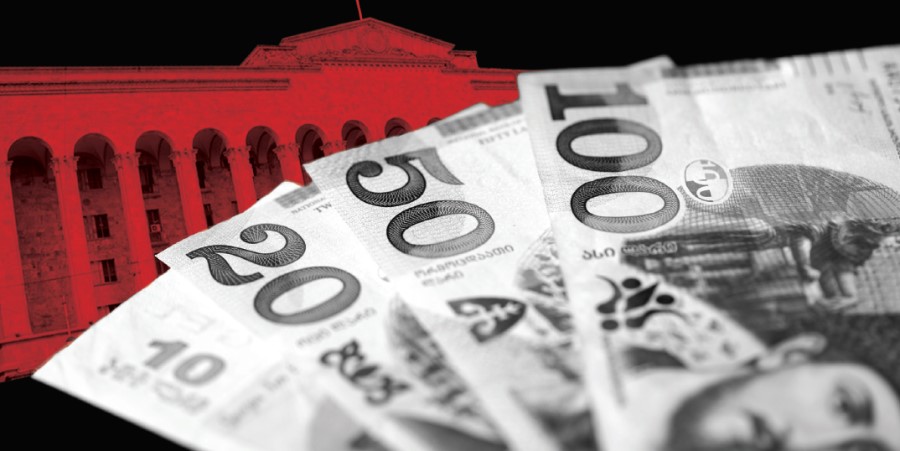The scale of the current Wuhan coronavirus outbreak would have to increase substantially to have a significant impact on credit ratings, says Fitch Ratings. However, under such a scenario, we would expect global corporates exposed to travel and tourism to be most at risk of being affected. On the whole, Asia-Pacific sovereigns have substantial financial buffers and room for further policy easing to offset any short-term hit to economic activity from the outbreak, but their resilience to any health crisis would ultimately depend on its scale.
The global airlines, gaming, lodging and leisure sectors are vulnerable to pandemics that influence consumer behavior. Operational disruptions caused by idiosyncratic events – including disease outbreaks, acts of terrorism and even weather – are a perennial risk faced by these sectors. Large-scale, unpredictable events can cause immediate and severe disruptions in global travel demand that affect revenue but are typically transitory. Financial implications ultimately depend on the severity and duration of the situation.
If the Wuhan coronavirus outbreak is short lived, the shock should not result in any near-term erosion of credit metrics or negative rating actions for Fitch-rated corporates or sovereigns. If, however, the outbreak spreads and is prolonged, dampening consumer sentiment, effects could become more widespread.
Measures are being taken locally and internationally to contain the virus, including airport screenings and the quarantining of Chinese cities, including the entire city of Wuhan. Many east Asian countries have public holidays around the Lunar New Year.
Downside risks for Asian sovereigns would be mitigated by large financial buffers and easing of other macroeconomic risks. The signing of the US-China Phase One trade deal and a pause in tariffs has reduced policy uncertainty, and signs of improved activity among manufacturers and exporters in Asia are increasing.
Source: Fitch Ratings












